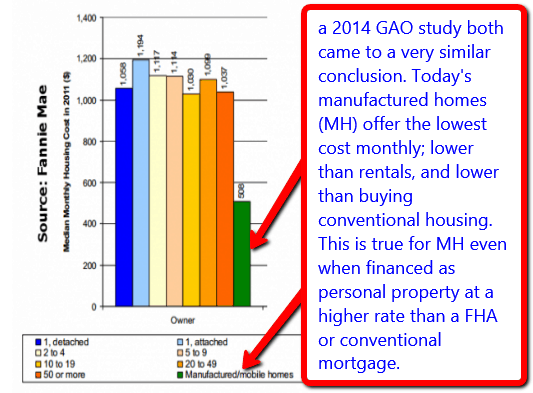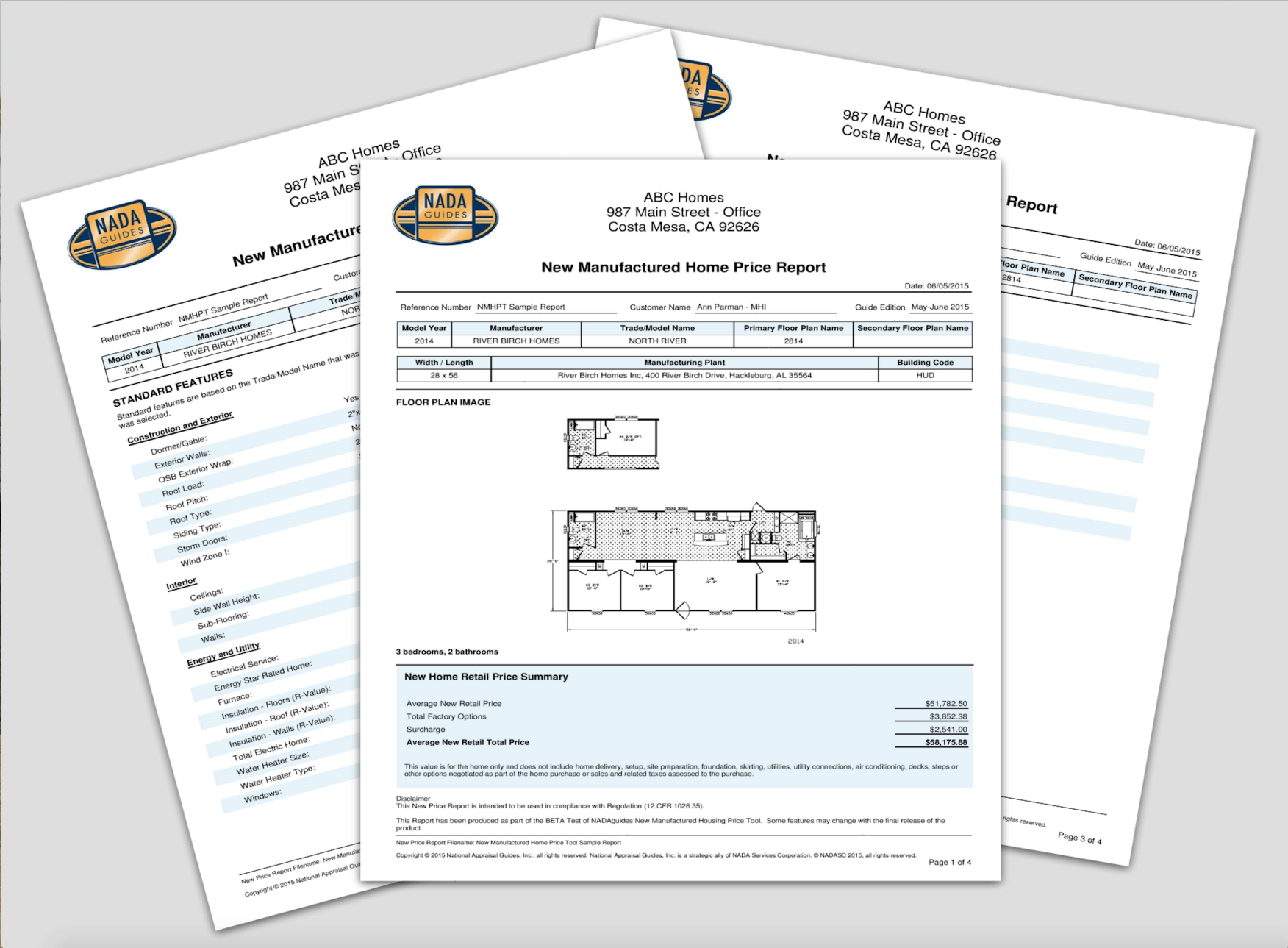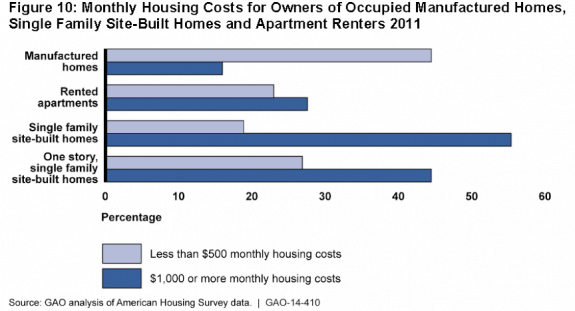GULFPORT, MI, July 13, 2010-Five years after Hurricane Katrina, the most costly in U.S. history, a unique approach to housing known broadly as Katrina Cottages and locally as Mississippi Emergency Management Agency (MEMA) cottages have been tried, tested and battled. The award-winning designs attempt to fulfill the needs of their occupants and address the challenges of building and protecting a home where land is sometimes below sea level. Though they resemble traditional homes scaled down to a more affordable range, some have seen them in no different light than the [so-called] “FEMA trailers” they were designed to replace. Federal Emergency Management Agency (FEMA) trailers were used to house thousands of people in South Florida displaced by Hurricane Andrew in August 1992, for as long as two and a half years.

Far from being universally embraced, MEMA cottages, as they are known, are still hotly debated now-five years after Hurricane Katrina-concerning where and for how long a cottage can be placed.
MEMA cottages were created with a $280 million grant to devise a better place to live than a FEMA trailer. While the units are the target of legislation in town halls, those who live in the one-piece units built to are generally satisfied.
In an April, 2009 survey of MEMA cottage residents, 95 percent who had previously lived in a FEMA trailer, 90 percent rated the new home as an improvement. Ninety-seven percent felt safer generally and from floods and high winds. Respondents reported a feeling of hopelessness was cut in half and indicated the MEMA cottage felt more like a home.
The home structure is built to the 2003 International Residential Building Code, and is attached to a HUD code undercarriage. The cottages are categorized as on-frame modular homes. The structures are designed to withstand winds up to 150 mph.
Temporary or Permanent Housing
From a design standpoint, it would seem MEMA cottages are for the most part a resounding success. Opposition has come not from those who call them home, but from municipalities largely worried about the impact on property values.
“It’s a mixed bag,” said Jeff Rent, Director of External Affairs at MEMA. “They haven’t been universally accepted.”

There are differing views over whether the original intention was for the units to be temporary or permanently placed on lots.
“From the beginning they intended quite a number of these to be used permanently,” says Andrew Canter, equal justice works fellow at the Mississippi Center of Justice. “It’s my understanding that’s why these were built to the modular level because those are allowed to remain in municipalities under zoning.”
Even if intended to be only temporary housing, the state and MEMA came to recognize and unmet housing need and worked to help many of the cottages stay permanently.
The Mississippi Manufactured Housing Association (MMHA) has been supportive of the cottages as permanent homes, if they are properly installed to FEMA floodplain guidelines.
“These cottages absolutely should be allowed as a source of permanent housing.” Jennifer Hall, MMHA executive director said in a 2009 press release. “The facts prove that these cottages meet the IBC/IRC standards and housing is a critical need on the Gulf Coast for so many Mississippi residents.”
Zoning MEMA Cottages Out
Being built to modular codes didn’t keep municipalities including Waveland and Gulfport from attempting to keep MEMA cottages from being permanent fixtures in their communities.
Gulfport passed a law defining a modular home as one that arrives in two or more parts. Moreover, anything that’s duel certified, would be considered to comply only with the HUD code.
“That’s a problem for the cottages in two ways,” Canter explains. “First, it says the cottage is not modular because it arrives in one part. The second is ‘Oh well, if it has multiple certifications, we just deem it to comply with the lower certification.'”
That, in essence, confined the cottages to placement in areas where manufactured housing is permitted.

Ryan LaFontaine, Public Information Officer at the City of Gulfport explains that following Katrina, MEMA cottages were placed throughout the city. The recent ordinance seeks to prevent future placement of cottages anywhere but in mobile home parks. This, he says, is in part an attempt to replace older mobile homes with MEMA cottages. Cottages already placed outside of the parks, LaFontaine explains, will be allowed to stay. He adds that Gulfport is not expecting a lawsuit over the ordinance.
Other municipalities put pre-Katrina restrictions on cottage placement. A homestead-exemption dating back to 2005 has been required in some cases for cottage placement. Other cities have enacted minimum square footage barriers.
“They would set the minimum square foot barriers to a point that’s higher than any cottage,” Canter explains. “So, no cottage could get a building permit to stay.”
In a couple of cases, the Mississippi Center of Justice chose to litigate and fight to get the worst municipal restrictions taken off the books.
The city of Waveland had imposed restrictions not unlike those in Gulfport confining the cottages to mobile home parks. Mississippi Center of Justice sued and a settlement was followed by a new law relaxing restrictions and outlining on how and where about cottages being sold to hurricane victims may be permanently placed. Canter says the Mississippi Center of Justice is reviewing what if any action to take against Gulfport.

MEMA Cottage Communities
In several instances, municipalities and non-profits have set up areas made up exclusively of MEMA Cottages. Canter explains that the communities set up by municipalities are using them for a short period and then, in some cases, converting them into boutique shops. The non-profits are using them for long-term affordable housing options.
Closing in on Year Six
In preparation for an end to the program, MEMA auctioned off 250 remaining cottages in June. In some cases the cottages were available because Katrina victims have finished rebuilding and MEMA regained the cottage.
In other situations, as Canter explains, the auction is the result of a less than ideal outcome.
“Many people thought they were on track to buy the cottage, but for unknown reasons MEMA disqualified them,” Canter says.
Other residents lost homes because they were unable to obtain assistance for elevation. As Canter explains it, MEMA will pay only for elevations of 5’7″ or less.
“There’s a whole group of people who were promised elevation aid that never materialized,” Canter says. “Those people are losing their cottages. That unit gets taken away and goes up to auction.”
Jeff Rent says proceeds from the auction have gone to continue assisting with permanent installations.
Depending on who you talk to, the MEMA cottage program has been an effective solution to providing affordable, health and safe housing, or a temporary housing program that was not supposed provide permanent fixtures to the state’s landscape.
The Mississippi Center of Justice is undertaking a study to look at the actual impact of the cottages on property values. For MEMA, this could be the end of a brief foray into providing housing. For FEMA, it’s a pilot program that’s being evaluated to see if it can be used in future disasters.
Five years after Katrina, however, some of the arguments may miss the most important point.
“Some of these cities’ populations are down thousands of people from Hurricane Katrina five years ago,” Canter says. “To rebuild and support the tax base and local businesses and to have enough people to have a functional town, the cottages mean people stay. The cottages help the population recover.”
While the cottages may not have been universally accepted the first time around, interest continues to grow in small house designs. Perhaps history will record the role of the MEMA cottage as an innovative start to a lasting trend of living smaller, smarter and more sustainably without sacrificing design.























